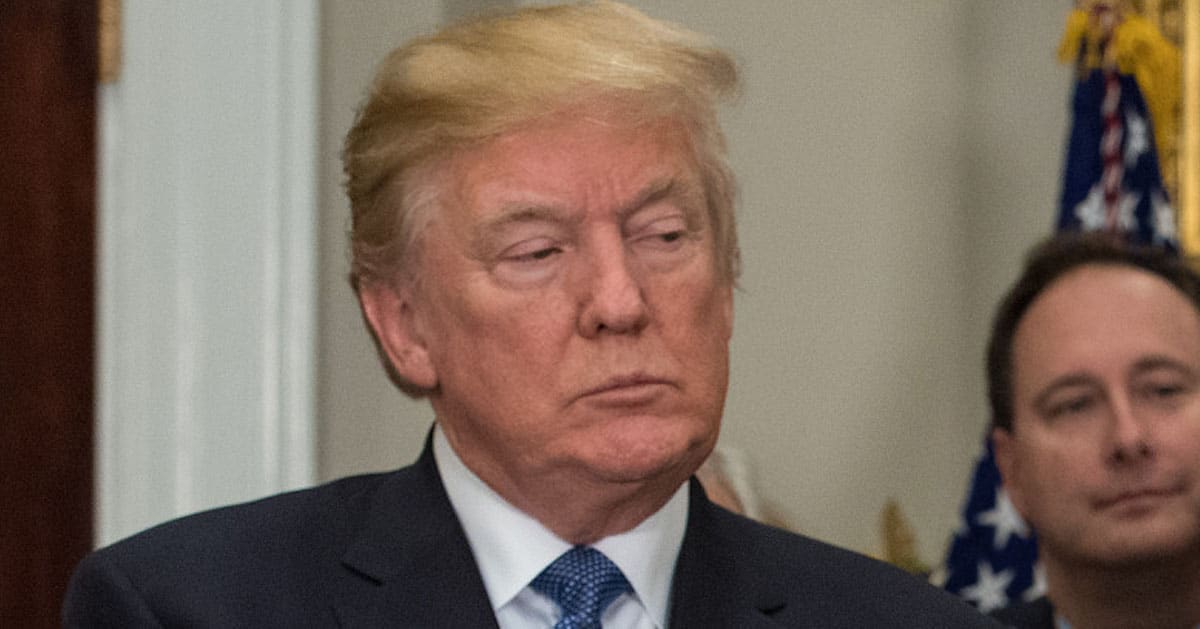



Federal agents stormed a Hyundai battery plant construction site in Ellabell, Georgia, last Thursday, arresting nearly 475 workers in a bold immigration crackdown.
Fox News reported that the operation, targeting mostly Korean nationals, has ignited a firestorm of reactions, from cheers to jeers, across social media and political circles. It’s a stark reminder that immigration enforcement remains a lightning rod for division.
On Thursday, federal authorities executed a sweeping raid at the Hyundai Motor Group’s multibillion-dollar electric vehicle and battery project, located about 20 miles outside Savannah.
The action, part of a long-term investigation, focused on the battery factory under construction, not the electric vehicle manufacturing section. This operation underscores the Trump administration’s aggressive stance on unauthorized migration.
The raid resulted in the detention of approximately 475 suspects, most of whom were Korean nationals, according to officials. Social media platforms lit up with reactions, ranging from support for the crackdown to outrage over its implications. The political spectrum split wide open, as expected, with both sides digging in.
“Even when Democrats pretend to be America-First, they are secretly America Last,” posted scientist Matt Van Swol, capturing the sentiment of those who see progressive policies as soft on immigration.
His quip, while sharp, ignores the complexity of a globalized economy where projects like Hyundai’s are courted by both parties. The truth is, both sides have cheered this plant as a win for American jobs.
Rep. Buddy Carter, R-Ga., praised the raid, saying it addressed issues Democrats enabled “for far too long.” His enthusiasm for “Operation Take Back America” paints a clear picture of prioritizing local workers, but critics argue it risks alienating international partners. The South Korean government, for instance, has already voiced concerns about the operation.
Hyundai officials quickly distanced themselves, stating they believe none of their direct employees were arrested. The company pledged full compliance with all laws, a standard corporate line that does little to quell the controversy. Meanwhile, LG Energy Solution, a partner in the plant, echoed Hyundai’s commitment to cooperate with authorities.
Federal agents were seen escorting workers from the Ellabell site, a visual that fueled social media posts both celebrating and condemning the raid.
Maik Peters, CEO of Pitco Engineering, posted, “We as an American company with legal workers, are always cut out of those mega projects, because we are too expensive.” His frustration resonates with those who feel American workers are sidelined, though it sidesteps the reality of competitive global labor markets.
Not everyone cheered the operation. Writer James Surowiecki called it “completely incredible,” slamming the Trump administration for arresting South Koreans helping build a factory they were invited to develop. His critique highlights the irony of targeting workers on a project both parties have hailed as a manufacturing victory.
Rep. Nikema Williams, D-Ga., labeled the raid an “act of cruelty and injustice” by the Trump administration. Her charge of fear-mongering in marginalized communities carries weight, especially with reports of U.S. citizens and lawful permanent residents being wrongfully detained. Yet, her rhetoric risks glossing over the legal violations the raid aimed to address.
Williams also insisted, “Due process is not optional; it is the law.” Her call for constitutional adherence is a fair point, but it’s drowned out by the broader narrative of enforcement versus compassion. The raid’s fallout shows how quickly immigration debates devolve into shouting matches.
Rep. Carter doubled down, stating, “For anyone who thinks they can take jobs from hardworking Americans and give them to unauthorized migrants, take note: not under Donald Trump’s watch.”
His words fire up the base but risk oversimplifying a complex issue where global investment and local jobs intersect. The Hyundai plant, after all, was a bipartisan darling.
The South Korean government’s concerns add a diplomatic wrinkle to the saga. With Hyundai’s multibillion-dollar investment at stake, the raid could strain international partnerships. Yet, supporters argue it sends a clear message: legal work comes first.
The battery factory, still under construction, was the raid’s focal point, leaving the electric vehicle manufacturing side untouched. Former President Joe Biden once touted this project as a cornerstone of American manufacturing revival. Now, it’s a political football in the immigration debate.
Another social media user demanded, “Time to pull the licenses of these construction companies for hiring illegals.” The sentiment taps into frustration over lax enforcement but ignores the nuanced reality of subcontractors and global supply chains. Punishing companies outright could chill future investments.



